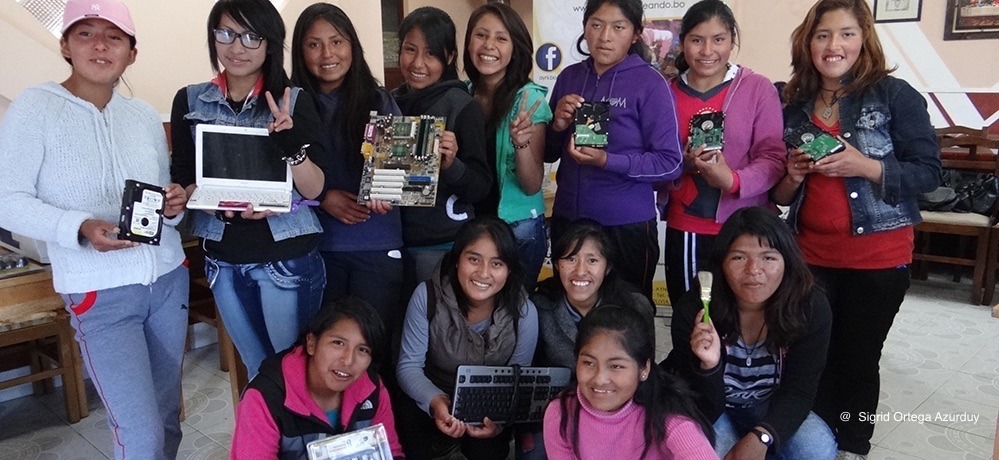A few weeks ago leaders from around the world gathered at the UN Sustainable Development Conference in New York to ratify one of the biggest promises the world has ever made to itself.
Over 17 Global Goals were put in place – set out to achieve extraordinary things in the next 15 years. Dedicated to fighting injustice and inequalities, ending climate change, beat discrimination, bring in sustainable energy, and make sure no one goes hungry.
The targets are ambitious – but we believe that in the digital age, we have the tools to succeed. These goals have the best chance in history to be met IF communities around the world have access to an open Internet.
Today, mobile Internet access helps stop the spread of disease; it can boost crop production. And multiple connections around the globe can help slow climate change.
Here’s why.
The Internet is a People Network connecting one person to another, one community to another, one nation to another. It is a Knowledge Network putting the collective knowledge of humankind in the hands of anyone and everyone. And, it is a Service Delivery Network allowing health care, education, money, government services, among other things to be delivered to users of the Internet far from its origin. That is why we believe that one of the most important Goals for sustainable development is found in Goal 9: “Significantly increase access to information and communications technology and strive to provide universal and affordable access to the Internet in least developed countries by 2020”
Solving Tough Problems in Tough Places
Charles Kettering, an American inventor, once said “There will always be a frontier where there is an open mind and a willing hand.”
This drive to seek out new frontiers and new opportunities has driven human innovation since the dawn of time. Today’s frontier encompasses some of the world’s biggest economic, environmental, and social challenges. Those with open minds and willing hands to build their ideas to levels that are innovative and sustainable.
To deconstruct this – I’ll take a real world example.
Women, Poverty, and the Internet
Recently, I spoke at the Women’s Forum For the Economy and Society in Deauville France. A panel of accomplished leaders will be focusing on how digital technologies are driving poverty reduction.
There have been many studies on how women are key to fighting poverty.
Consider this:
- The OECD estimates that on average, across its member countries, a 50 percent reduction in the gender gap in labor force participation alone would boost GDP an extra 6 percent by 2030, with a further 6 percent gain if gaps closed entirely.
- Eliminating barriers to employment for girls and women could raise labor productivity by 25% in some countries.
- If 10% more girls attend school, a country’s GDP increases by an average of 3%.
This is not breaking news.
But, the world now offers new digital tools for women to use: girls and women with Internet access on their mobile devices can change the world. Faster than we ever thought possible.
But for that to happen we need to make sure that all people –and especially women –have a voice in building and shaping the tools that will so profoundly affect their lives.
Take Sigrid Ortega, an ISOC global member in Bolivia, is dedicated to helping problem solvers in rural communities take command by connecting them to tech tools and training.
With some funding from an ISOC grant, she started an Internet security program for young women. It not only equipped girls with certification, but also taught digital literacy skills to help them boost job opportunities. The work enabled these women to become Internet producers instead of merely Internet consumers.
There’s also Dorcas Muthoni. A computer scientist and entrepreneur, Dorcas is the founder of AfChix, a mentorship and capacity building initiative for women in computing across Africa. She is behind some of the most widely-used online applications in Africa and her organisation, AfChix, has worked to encourage girls to go into computing careers and helped women with career development.
All over the world women and girls are using the Internet to show their strength and fighting back against poverty. They’re achieving extraordinary things for themselves and their communities.
And the Internet Society is ready to join them. Our community of technical experts, policy and decision makers, advocates, creators, and people are working, every day, to tackle the world’s biggest challenges with the power of the Internet as inspiration.

